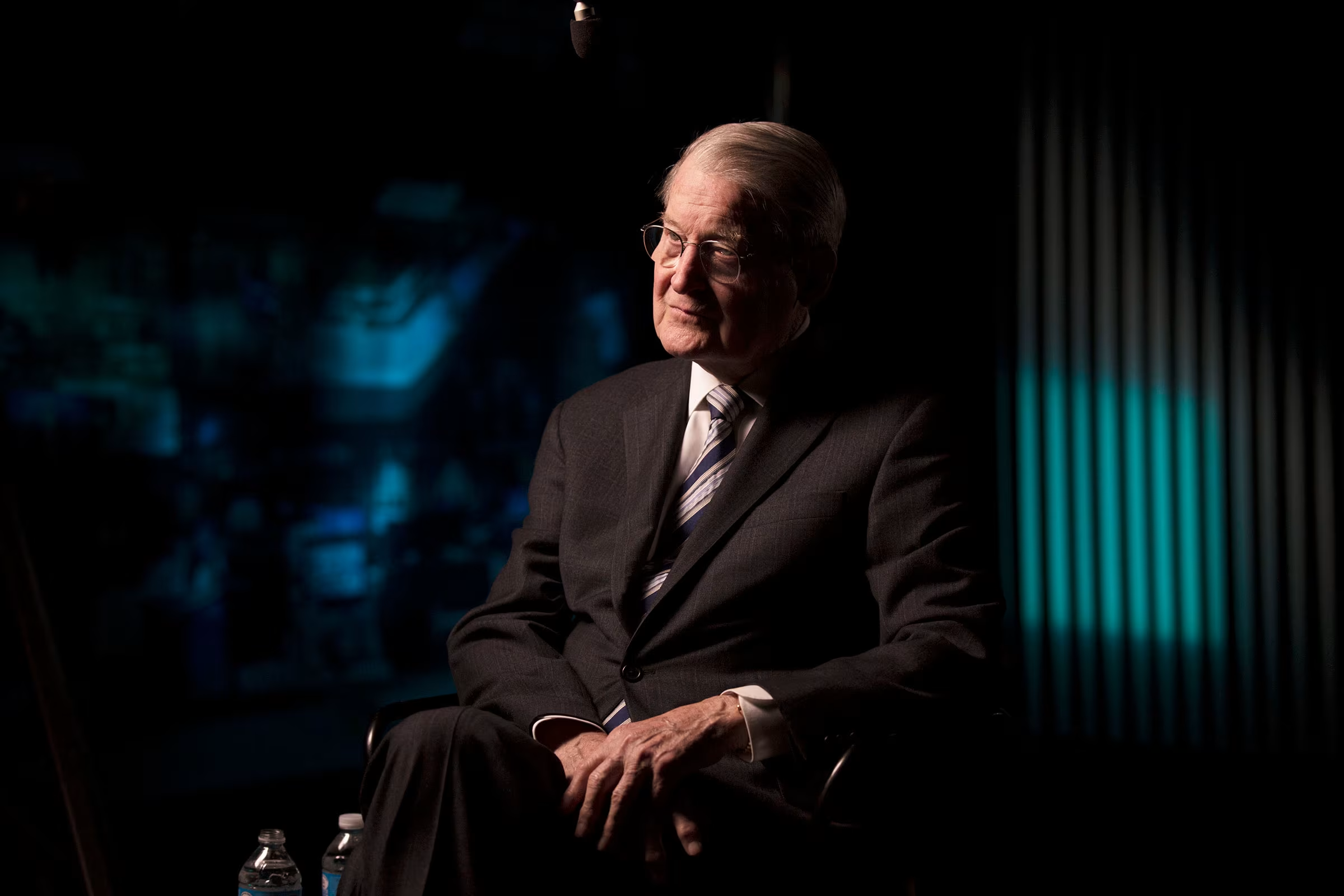
Bolton may be in hot water as FBI investigation expands beyond controversial book
Entities mentioned:
- John Bolton: Self-preservation, Recognition, Influence
- FBI: Justice, Duty, Control
- Donald Trump: Power, Revenge, Control
- Department of Justice: Justice, Duty, Control
- Mark Zaid: Professional pride, Duty, Influence
- Bill Barr: Loyalty, Duty, Control
- Judge Royce Lamberth: Justice, Duty, Security
- Biden administration: Justice, Control, Influence
- CIA: Security, Duty, Control
- Letitia James: Justice, Ambition, Duty
- Adam Schiff: Justice, Duty, Influence
- Tulsi Gabbard: Justice, Influence, Duty
- Chris Christie: Self-preservation, Ambition, Influence
- John Fishwick: Professional pride, Justice, Influence
- Jason Kander: Professional pride, Justice, Influence
Article Assessment:
Credibility Score: 65/100
Bias Rating: 55/100 (Center)
Sentiment Score: 30/100
Authoritarianism Risk: 65/100 (Authoritarian Tendencies)
Bias Analysis:
The article presents multiple viewpoints and cites various sources, including legal experts from different political backgrounds. However, there's a slight lean towards framing the investigation as potentially politically motivated, which nudges it slightly right of center.
Key metric: Rule of Law Index
As a social scientist, I analyze that this article highlights potential politicization of the justice system, which could significantly impact the Rule of Law Index. The expanded investigation into John Bolton, coupled with probes into other Trump critics, raises questions about the impartiality of the DOJ. This situation tests the balance between legitimate law enforcement and political retribution, potentially eroding public trust in legal institutions. The financial burden of legal defense, even without conviction, serves as a deterrent to political opposition, which could have a chilling effect on free speech and democratic processes. The article's discussion of classified information handling also underscores the tension between national security concerns and transparency in government, a crucial aspect of maintaining a strong rule of law.

Pam Bondi has a new probe into the handling of 2016 Russian meddling. John Durham already spent four years investigating it
Entities mentioned:
- Pam Bondi: Power, Loyalty, Ambition
- John Durham: Justice, Professional pride, Duty
- Donald Trump: Power, Revenge, Self-preservation
- Tulsi Gabbard: Influence, Ambition, Recognition
- Barack Obama: Legacy, Self-preservation, Righteousness
- FBI: Professional pride, Duty, Security
- CIA: Security, Professional pride, Duty
Article Assessment:
Credibility Score: 75/100
Bias Rating: 45/100 (Center)
Sentiment Score: 35/100
Authoritarianism Risk: 55/100 (Mixed/Neutral)
Bias Analysis:
The article presents multiple viewpoints and cites various sources, including critics of the new investigation. While it leans slightly towards skepticism of the new probe, it provides context from both sides, maintaining a relatively balanced perspective.
Key metric: Political Polarization Index
As a social scientist, I analyze that this article highlights the ongoing political polarization in the United States, particularly surrounding the 2016 election and Russian interference. The initiation of a new investigation by Attorney General Pam Bondi, despite previous extensive probes, suggests a continued effort to challenge established narratives. This action may further deepen the divide between political factions, potentially eroding public trust in institutions and the electoral process. The repeated investigations into the same matter, despite previous findings, indicate a pattern of using government resources for political purposes, which could have long-term implications for democratic norms and institutional integrity.

William Webster, former head of FBI and CIA, dies
Entities mentioned:
- William Webster: Duty, Professional pride, Integrity
- FBI: Reputation, Security, Justice
- CIA: Security, Control, Influence
- Jimmy Carter: Leadership, Reform, Legacy
- J. Edgar Hoover: Power, Control, Legacy
- Ronald Reagan: Leadership, Security, Legacy
- Christopher Wray: Professional pride, Duty, Integrity
- Donald Trump: Power, Control, Influence
Article Assessment:
Credibility Score: 85/100
Bias Rating: 45/100 (Center)
Sentiment Score: 65/100
Authoritarianism Risk: 20/100 (Strongly Democratic)
Bias Analysis:
The article presents a balanced view of Webster's career, citing both Republican and Democratic administrations. While largely positive, it includes critical context about the agencies he led, maintaining a centrist perspective.
Key metric: Public Trust in Government Institutions
As a social scientist, I analyze that William Webster's career significantly impacted public trust in key U.S. government institutions, particularly the FBI and CIA. His leadership focused on restoring integrity and public confidence in these agencies after periods of controversy. Webster's emphasis on professionalism, adherence to the rule of law, and transparency helped rebuild the reputation of both the FBI and CIA during critical periods of transition. His long-standing commitment to public service and his ability to lead effectively across multiple administrations underscore the importance of non-partisan, principled leadership in maintaining public trust. The article's portrayal of Webster as a figure respected across political lines suggests that his approach to governance and institutional management could serve as a model for rebuilding trust in government institutions in an era of increasing polarization.